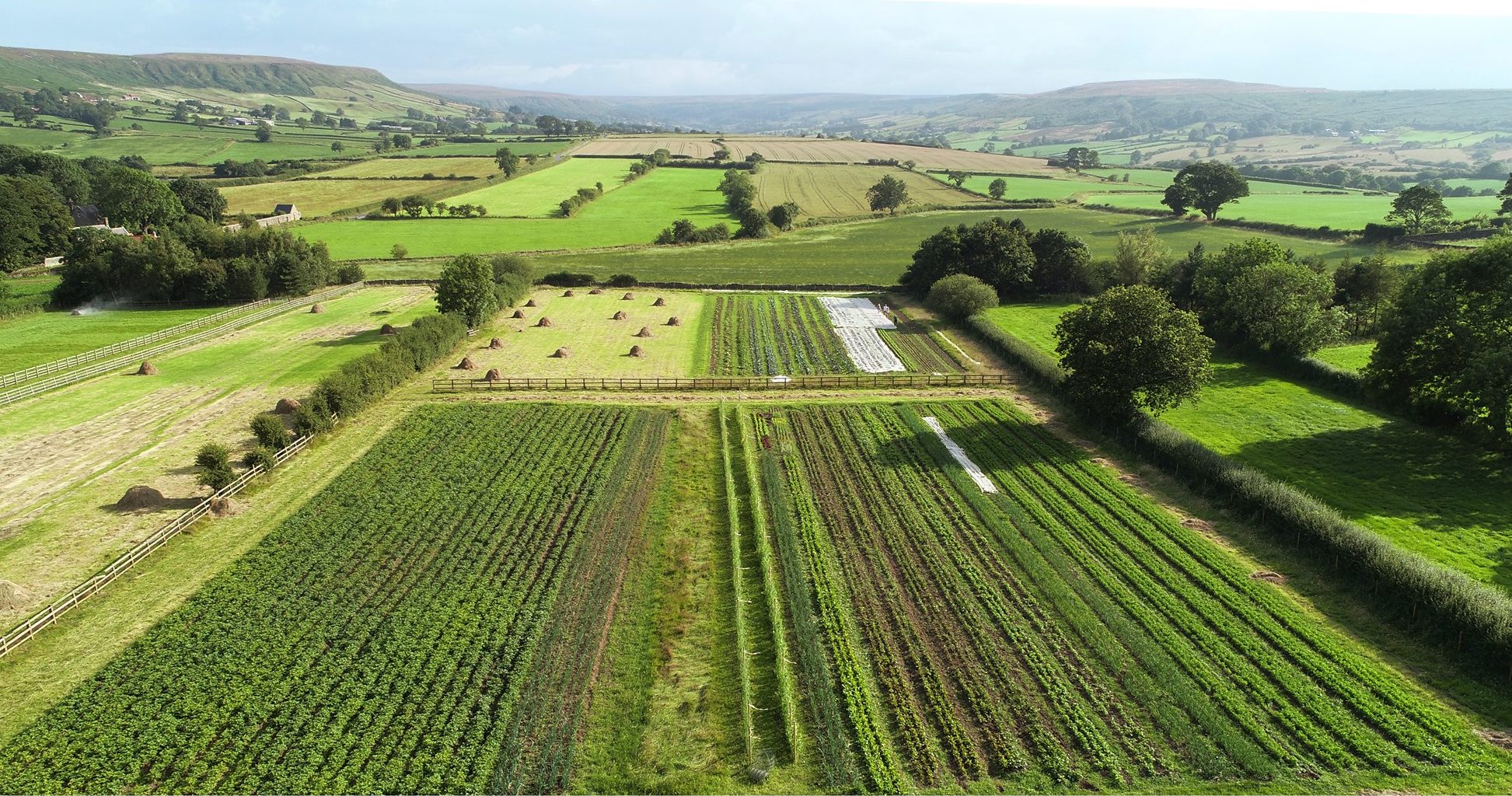Resilience

The ‘Technology’ of Community-Building
Many of you will be familiar with the concept of the Transition Towns, which emerged in the early 2000s. The idea was that ‘Peak Oil’, or some other global shock, could result in political and economic collapse. Localities should prepare for these upheavals by developing local ‘resilience’- eg. local food production, renewable energy, re-localised supply chains. This wonderful movement has shown how actively developing local solutions can revitalise communities hollowed out and disempowered by the corporate economy.
Needless to say, the recent global pandemic, and the economic crisis rolling in its wake, are a timely reminder that we are wise to take these ideas seriously.
In the Esk Valley Camphill Community we are increasingly asking ourselves how we can turn our 80 years of community-building experience towards meeting the challenges of the 21st Century.
This gives particular urgency to our efforts to develop and expand our Biodynamic food production. Anyone following the news from our community garden in Ainthorpe will be aware how far we have come in a very short time- owing to the Herculean efforts of the garden team. However, this is a challenge not only for us as producers, but almost equally for us as consumers. We are constantly reminded that every time we choose a supermarket product over a locally / ethically produced alternative, we are voting for the whole supply chain that supports it. Robust local economies are rebuilt one small consumer choice at a time.
It is this same effort to educate consumers that stands behind our work through Danby Health Shop (which we have now operated for almost 5 years). Our policy is to favour local, ethical and organic producers (both from within EVCC and beyond), and we are increasingly meeting discerning clientele seeking for exactly the same. In this way, the shop allows us to weave our own community into the developing ethical economy in the wider locality.
Over the last year, we have been working in partnership with a landowner in Danby dale to create a small rewilding project. We are hoping this will be just the start of a series of such projects in the area.
There have been a number of other initiatives in the community to promote ‘resilience’. We have consciously reduced plastic waste in our households with schemes like our ‘Bagging down’ workshop, which buys in bulk and then redistributes to the houses in reusable containers. Likewise, our Transport Group has committed to transition to a wholly electric fleet by 2026. This is underpinned by our choosing renewable energy suppliers wherever possible.
None of this is anything to shout too loud about just yet, but like so many others in communities across the world, we are urgently trying to wake up to the challenges we face today.
However, perhaps the one aspect of ‘Resilience’ where we do have something to be proud of is in an area that has been often neglected in the debate- namely, what we might call ‘Social Resilience’.
Across the entire world, the story of recent decades has been one of social disintegration and atomisation. We are told that there is a loneliness ‘epidemic’ sweeping the globe, and there is now a large body of research suggesting that this has catastrophic implications for both mental and physical wellbeing.
Despite all the ideology about individualism and consumer choice, the truth has always been that man is a social animal. We are most happy and most well when we feel ourselves part of a rich network of deep, meaningful and lasting relationships. By extension, we are also at our most adaptive and ‘resilient’.
Meeting the immense challenges of the coming century is going to require all the goodwill and ingenuity humanity can muster- and perhaps EVCC has a modest contribution to make, using our long history of community-building ‘technologies’. And as we continue to morph into an outward-looking community actively weaving wider networks in the locality and beyond, we make ourselves more relevant in a world looking for radical alternatives.